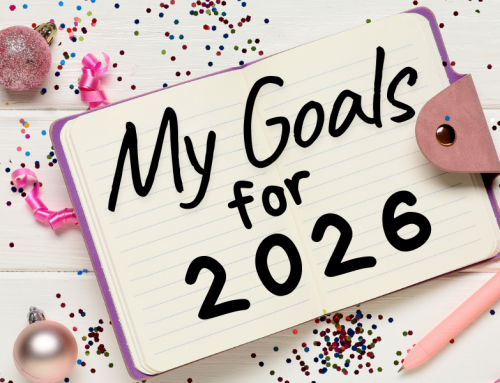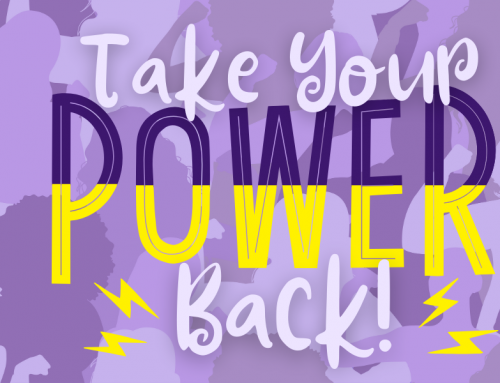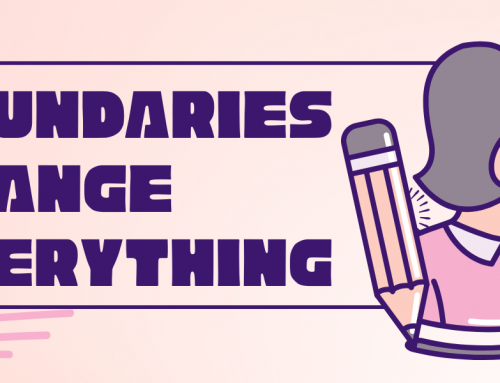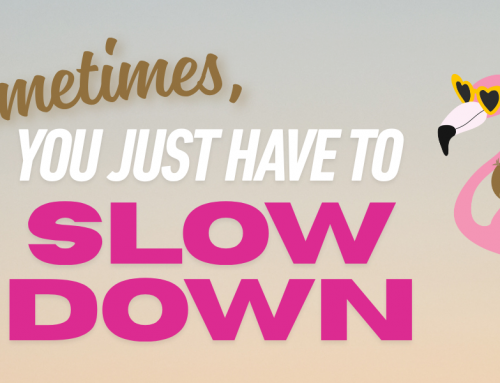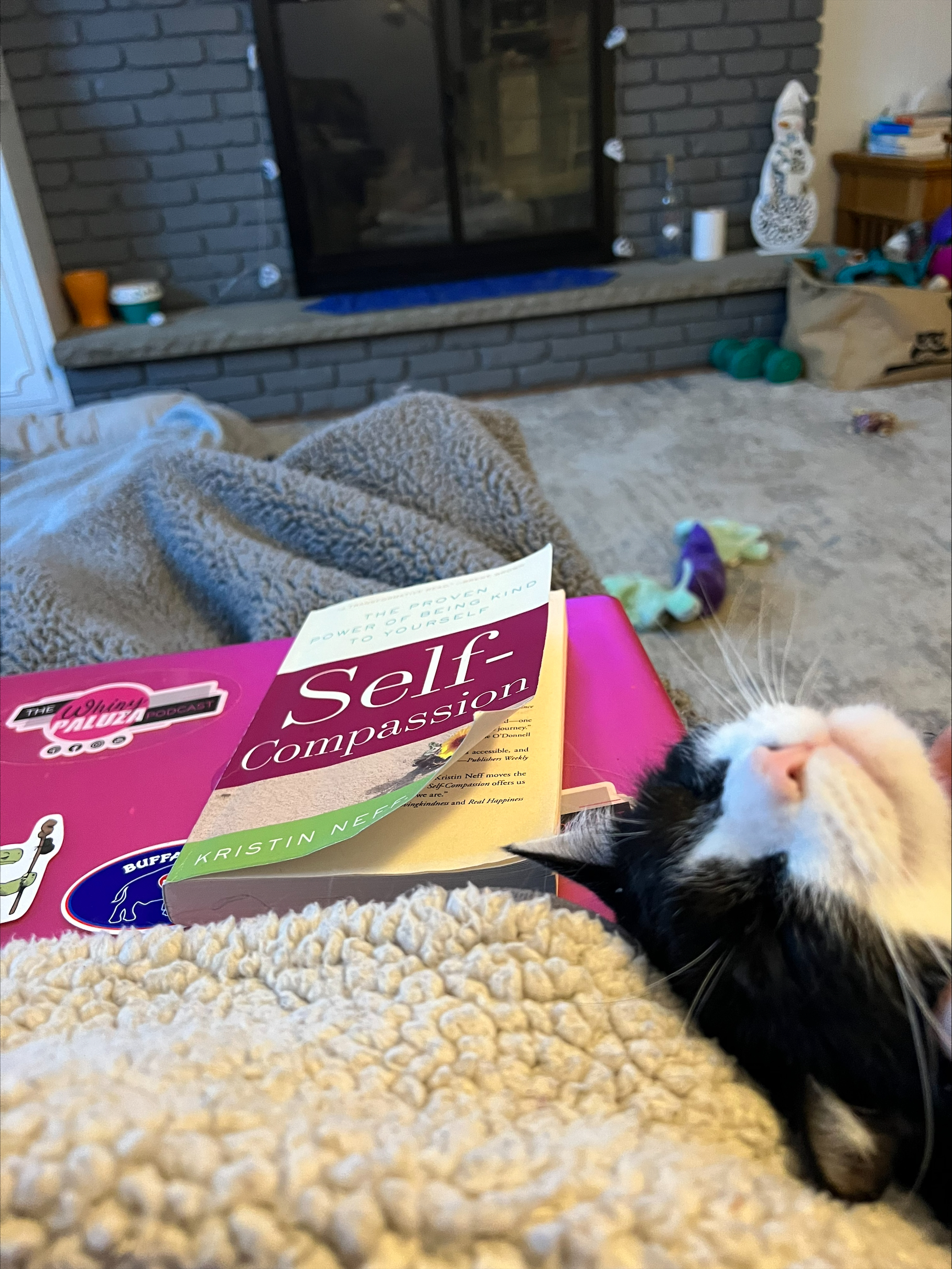 I had a Podcast guest recommend the book Self-Compassion by Kristin Neff. I am going to start asking my guests for more book recommendations because I love to read. In fact, if you are looking for me this winter, I will be on the couch with my cat, my book, my computer and my fuzzy blanket. I am so warm, cozy and happy typing this.
I had a Podcast guest recommend the book Self-Compassion by Kristin Neff. I am going to start asking my guests for more book recommendations because I love to read. In fact, if you are looking for me this winter, I will be on the couch with my cat, my book, my computer and my fuzzy blanket. I am so warm, cozy and happy typing this.
I knew I needed to jump into learning about self-compassion. I wanted to learn it for myself so that I could teach it to my husband, my children, and to all of you. I know I used to be super hard on myself. I know that I have made a lot of progress over the years. Progress is great, but I still have room for a lot of improvement. Let’s dive into the book and lessons that I learned along the way.
Dr. Neff starts out talking about how common depression, insecurity, and anxiety are in our society. She says this is due to our self-judgment. How we judge ourselves during the day affects our mental well-being and mental health. She explains the issue of judging ourselves as good and bad. I love that she says to get rid of that way of thinking and to just accept what is with an open heart.
As we change how we view ourselves we can learn that we can fulfill our own needs. We can meet our needs for love, acceptance and security. This concept has been new to me, and I am finding over the last couple of years that I have become my own friend in the process.
My podcast has been one of the greatest gifts to me in my life for so many reasons. I get to learn from marital and parenting experts every week. They reinforce what I have learned, and they also teach me a lot. One of my guests told me to talk to myself how I would talk to my friend. I would give her credit if I could remember who gave me that amazing advice. It sincerely changed my life. As I hear the voice in my head, I ask myself what I would tell my friends. I have so much more compassion for other people and that isn’t fair to me. I deserve my love and compassion too. I have started changing this voice to what I would tell my friends and it has drastically increased my own self-compassion. The next time you say something to yourself, ask yourself what you would tell your friend. Watch your voice change for the better with that one question.
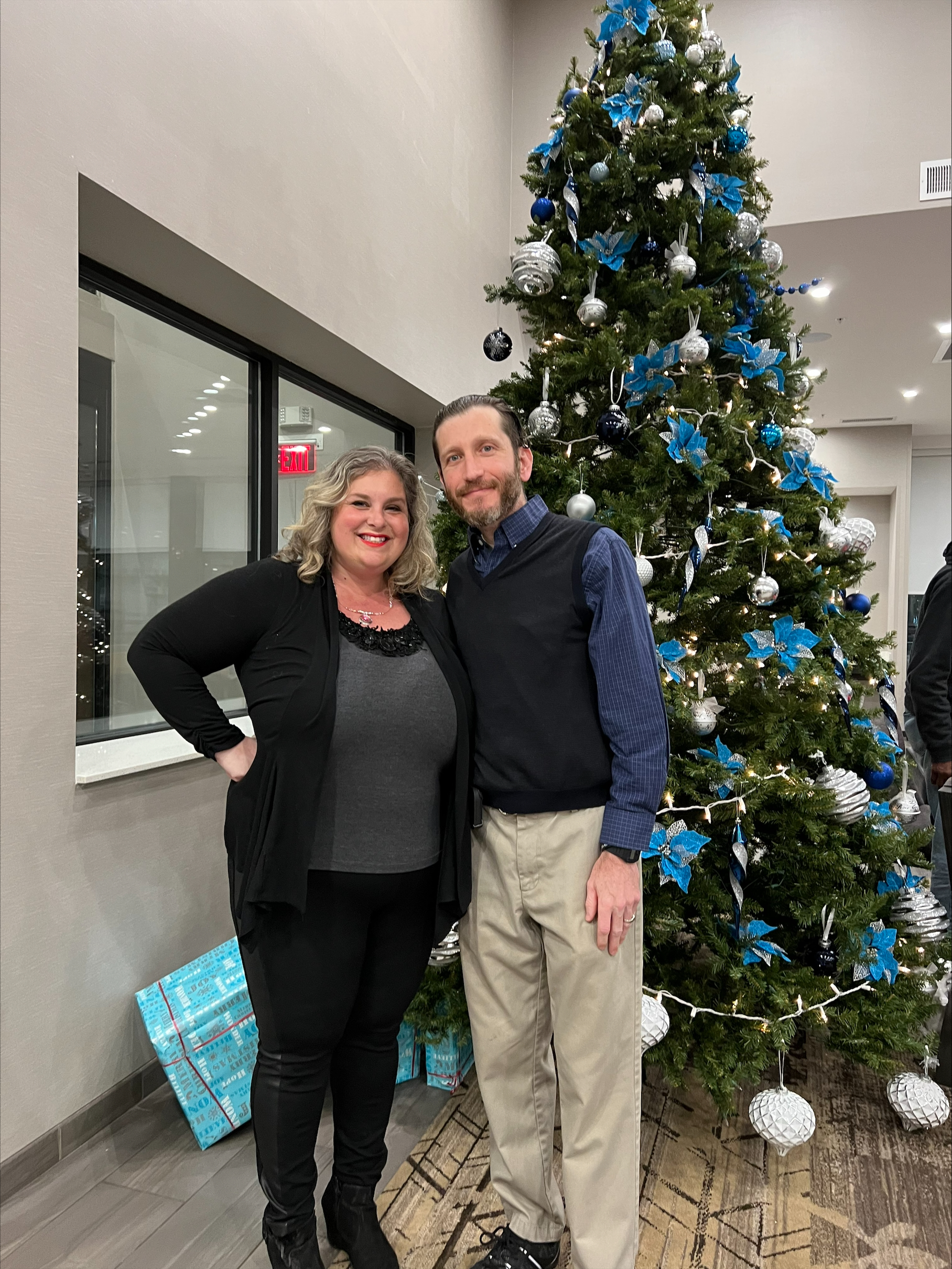 Self-criticism leads to being in unhappy relationships. We assume our partner is judging us the same way we are judging ourselves. This is interesting because I quickly noticed that my husband Seth is easier on me than I am on myself. He has rubbed off on me and has had a positive impact on how I treat myself. I’m going to give you a recent example:
Self-criticism leads to being in unhappy relationships. We assume our partner is judging us the same way we are judging ourselves. This is interesting because I quickly noticed that my husband Seth is easier on me than I am on myself. He has rubbed off on me and has had a positive impact on how I treat myself. I’m going to give you a recent example:
The grocery store parking lot is dangerous. I have avoided several people running right into my car over the years. I started to park further away from the chaos. I had a car coming at me. In order to avoid this car, I scraped another car. I avoided an accident but caused a little damage. When I told my husband, he was so loving and understanding. He was just glad I was ok. He didn’t even get upset by the price tag to fix the scratches I made on the man’s beautiful jeep. I felt so bad and was beating myself up. Seth’s loving kindness and caring made me start to turn my emotions around and be more loving and understanding to myself. I will never reach perfection. I can be super careful in parking lots. I can’t control other people. Other people make mistakes too. I wish I could have reacted to myself with kindness and compassion instead of completely beating myself up. However, I am taking this experience and learning from it to do better next time. Not to drive better but to react better. Yes, I can drive slowly and carefully, which I do more and more of. I am more concerned with how I reacted to myself in this situation and in other situations when I have made mistakes recently.
Dr. Neff explains that self-critics are often drawn towards partners who are judgmental and confirm how they feel about themselves. I need to jump on this with my children so that they choose kind partners who lift them up. I really lucked out in choosing someone to marry who is my biggest fan. Score for me. I often give myself a pat on the back for the husband I have chosen. I thank G-d for Seth every day. I certainly didn’t pick someone to add to the critic in my head. Remember this when you or your children choose a partner.
All self-harm behaviors: drug abuse, alcohol abuse, cutting, reckless driving all stem from inadequacy. We want to recognize our negative patterns and then we don’t want to criticize ourselves for these patterns. Our goal is to identify patterns so that we can replace these patterns with compassion and kindness. When we don’t succeed in replacing the pattern, we don’t criticize ourselves. We want to give ourselves praise for trying and to encourage ourselves to keep going. Instead of saying, “You idiot, you scraped that car,” I could have said, “You avoided a bigger accident, and you did your best.”
What are the core components to self-compassion according to Dr Neff: self-kindness, common humanity and mindfulness.
Giving ourselves self-kindness is component number one. Reacting to ourselves with comfort and understanding instead of with a harsh critic. Marshall Rosenberg wrote the book Nonviolent Communication. He emphasizes sympathetic language towards ourselves instead of judgmental language. He encourages four questions: “What am I observing? What am I feeling? What am I needing right now? Do I have a request of myself or someone else?” These questions help us get to what we need and gives ourselves empathy for that.
Dr. Neff encourages us to journal to change our critical self-talk. I personally identify it in my head and then replace the thought. I do my three R’s of rewind, replace, reframe. That works for me often, but I think if I journaled I would have even more success. We want to focus on identifying our negative thoughts and writing them down. Then write down what you can replace it with.
“I’m so upset that I got that wrong on my test.” What I want her to replace that with: “I studied, and I tried my best. That is what matters most. I don’t expect myself to be perfect. I still got a great grade and am proud of myself.”
Self-contempt will decrease as we work on self-kindness. Moving ourselves from curing to caring. Having empathy for ourselves for the difficult things we go through in our days.
Common humanity is the second factor to increasing self-compassion. I love that Dr. Neff explains that self-love and self-acceptance aren’t enough. Compassion is relational and has to do with our connection to all humanity. The opposite of feeling connected is to feel isolated and alone in what you are going through. If we focus more on what we have in common with others, we feel more connected. We also fall into the game of social comparisons. Comparing ourselves to others and thinking we are less than or more than others will have a negative effect. We may get an ego boost for a moment, but the negativity is what lasts when we make comparisons. Dr. Neff writes, “We are the expression of millions of prior circumstances that have all come together to shape us in the present moment.” She says we need to look at our background and the years before us and not take everything so personally. For example, where did this trait come from?
Things to say to ourselves for common humanity connectedness: This is part of the human experience. We all make mistakes. We all have strengths and weaknesses
Parenting compassion: understanding that anyone would get upset in that situation. It’s normal to get frustrated and overwhelmed. Feeling connected to other parents by understanding that a lot of parents feel the same feelings that you do.
The third factor towards achieving self-compassion is mindfulness. This has been the most recent buzz word in my life, and I can understand why. It helps us to achieve success in many areas including self-compassion. We are being advised to simply accept whatever is occurring in the present moment without judgement. I love that Dr. Neff explains to us to observe what we are thinking and feeling. We don’t have to accept it. We can think about it and see if we agree with our thoughts and feelings. The amazing power of mindfulness and awareness of our thoughts and feelings is that it moves us from reactivity to responsiveness.
“The more we resist the fact of what is happening right now, the more we suffer.” Resistance makes it worse. Judgement makes it worse. Acceptance and observation of what it is will make it a more pleasant experience. When we are in pain, we are advised to react with kindness and understanding that this is a human experience and being mindful and aware of what is currently happening.
We can build our mindful muscles in our day through various activities such as meditation, praying, walking, deep breathing. We can build it into anything we do daily including examples such as driving or showering.
Self-compassion leads to a decrease in depression and anxiety. When people are depressed and anxious, they tend to ruminate. Rumination is when we repeat negative thoughts in our head. These negative thoughts are just trying to protect us. We can appreciate this and also start to move ourselves to a different way of thinking that gives us a happier life. Learning to replace these negative thoughts with more compassionate thoughts.
The driving force behind compassion is love not fear which is why it’s so effective. We will be motivated more by love than by fear. This will make us be more effective in reaching our goals. We are also being advised to have learning goals vs. performance goals. We are setting ourselves up to feel bad and possibly quit if we are solely focused on how we perform. When we care more about what we are learning along the way we are much more likely to enjoy it and stick with it.
I heard a woman say on a podcast today that no one could ever be harder on her than she is on herself. This led me to a huge self-realization. I just realized why I am so hard on myself. If I am the hardest on myself then I am protecting myself. If I am the hardest on me then no one else can be harder on me. How is that working for me? Not so well. I want to treat myself with the same love and understanding that I give to everyone else.
Self-Compassionate people:
Being confident in ourselves that we can handle what life throws at us. Emotional strength!
Being curious about life. Curiosity leads to growth.
Let us all reach more self-compassion by:
Treating ourselves through kindness.
Feeling connected to humanity through everything we experience.
Being aware and mindful of the present moment without judgement.
I hope you will go practice treating yourself with compassion. You can learn more by reading Dr. Neff’s book Self Compassion. Let us all continue –
Laughing, Learning and Loving together,
Rebecca Greene, LCSW-R
Whinypaluza Notes:
Whinypaluza Mom Group:
If you are looking for a supportive community, come join the free Whinypaluza Mom Facebook group. I created this as I wanted us to have a place where we can talk about tips, strengths and challenges we are having. It is another step I took to help everyone to know that you are not alone. The January challenge was so much fun. Come join us and bring a friend with you! I love to give away prizes!
https://www.facebook.com/groups/whinypaluzamoms
The Whinypaluza Schedule:
Whinypaluza Wednesdays: My weekly blog comes out every Wednesday. I am always open to your topic requests. A new Vlog (video blog) also comes out every Wednesday night on Facebook and You Tube live at 9:00 PM to discuss the blog. If you would rather listen to a podcast than watch a Vlog, you can wait for the following Wednesday and the Vlog is released on my Podcast.
Family Fridays: Every Friday morning a new Podcast is released. Most of my episodes on Fridays are me discussing parenting and marriage with experts on the topic. If you would rather watch the Podcast instead of listen, you can watch it on You Tube. If you would like to be on my Podcast or know someone who would like to please message me on Facebook or Instagram or at whinypaluzamom@gmail.com
I would so greatly appreciate it if you would subscribe, rate my Podcast and leave me a five star review. This leads to it being shown to more people that we can help. I so appreciate when you share my blogs, vlogs and podcasts with a friend so that we can build our community and help people one mama at a time. Every time you like and/or comment on a post it helps Whinypaluza!
Please feel free to email me with suggestions for topics that you would like me to cover. I would also love to hear about any lessons or takeaways that you learned from blogs, vlogs or podcasts that Whinypaluza releases. This is all for you (it helps me too), and I hope that you are finding it helpful and seeing that you are never alone. We are in this parenting and marriage thing together. xoxo





